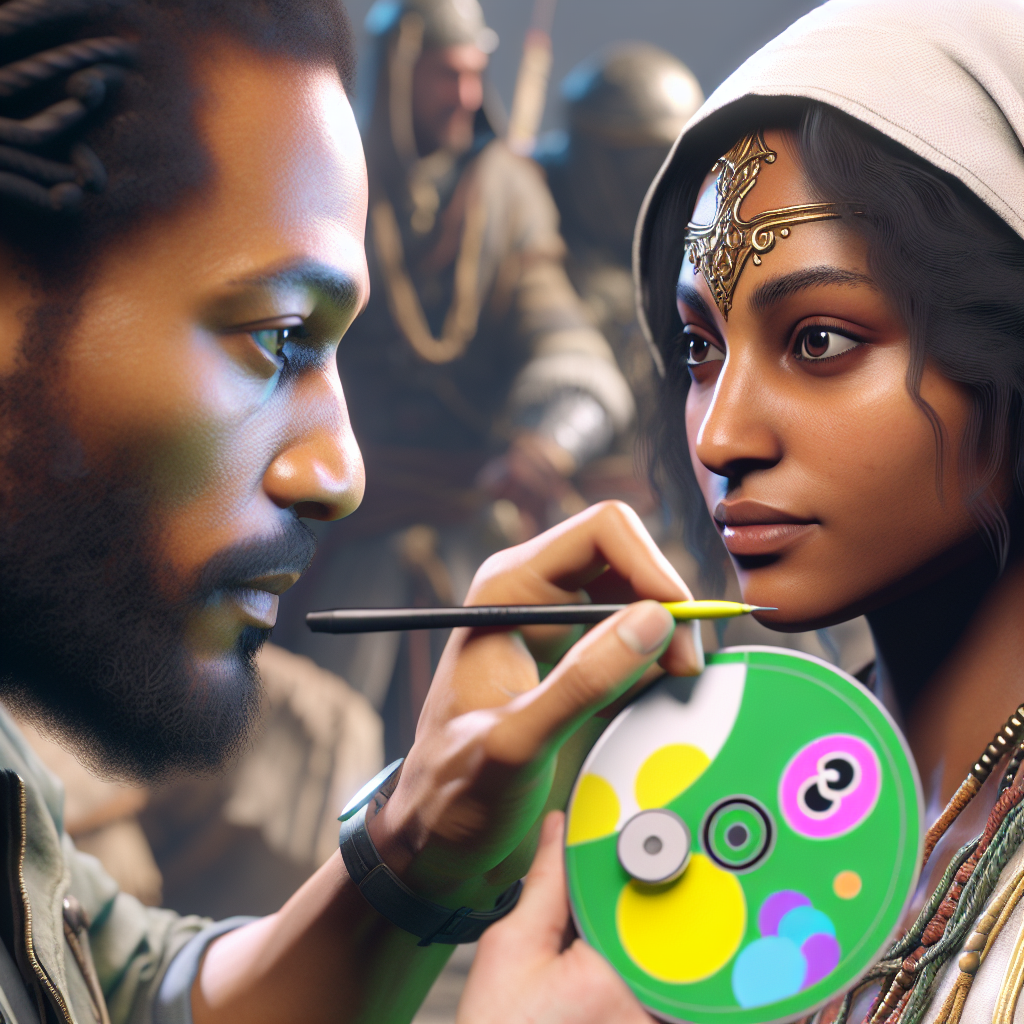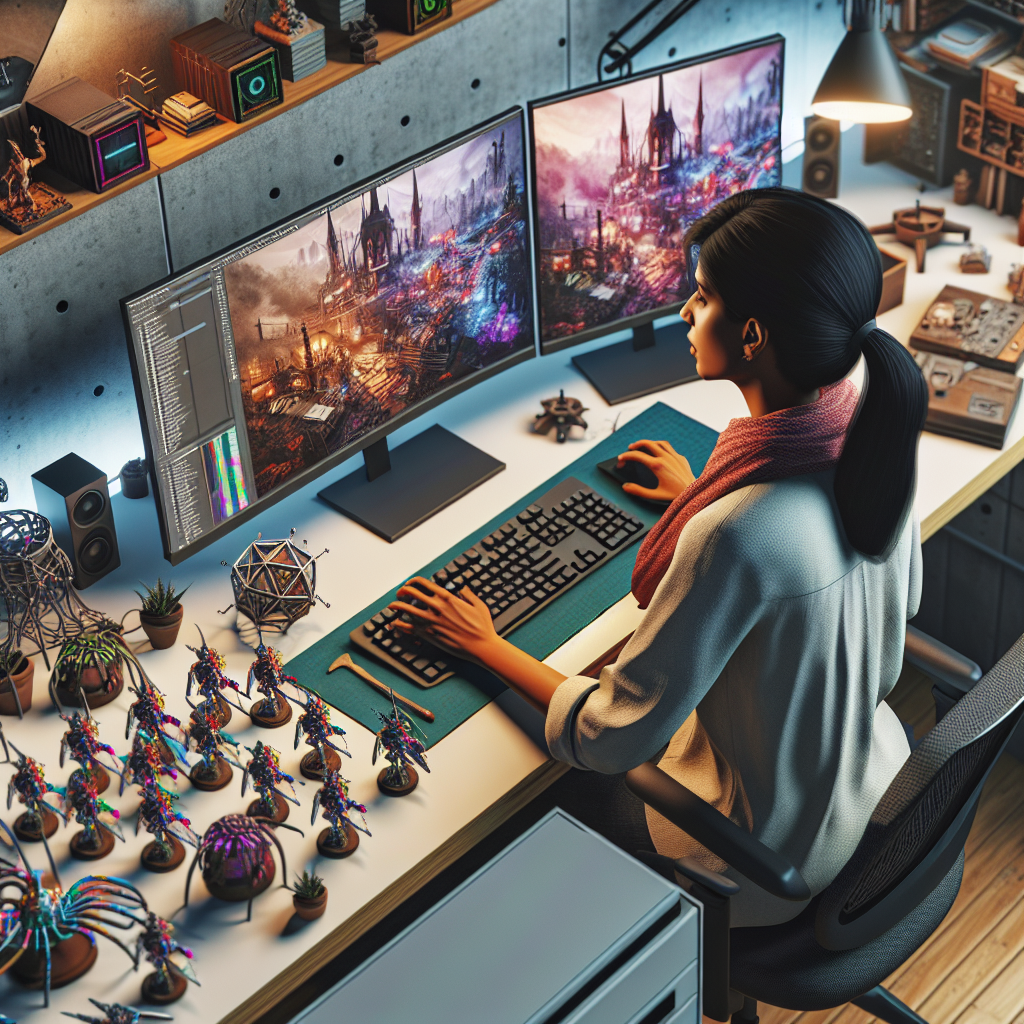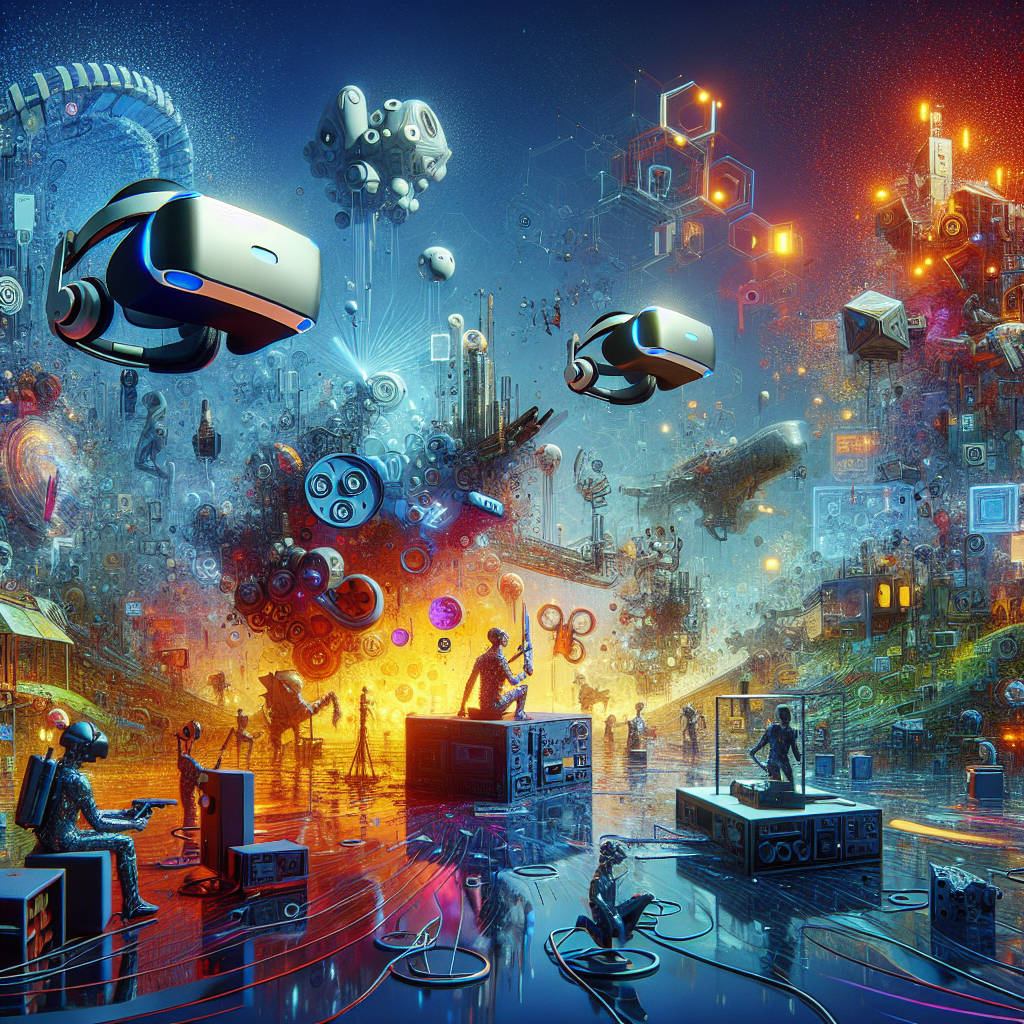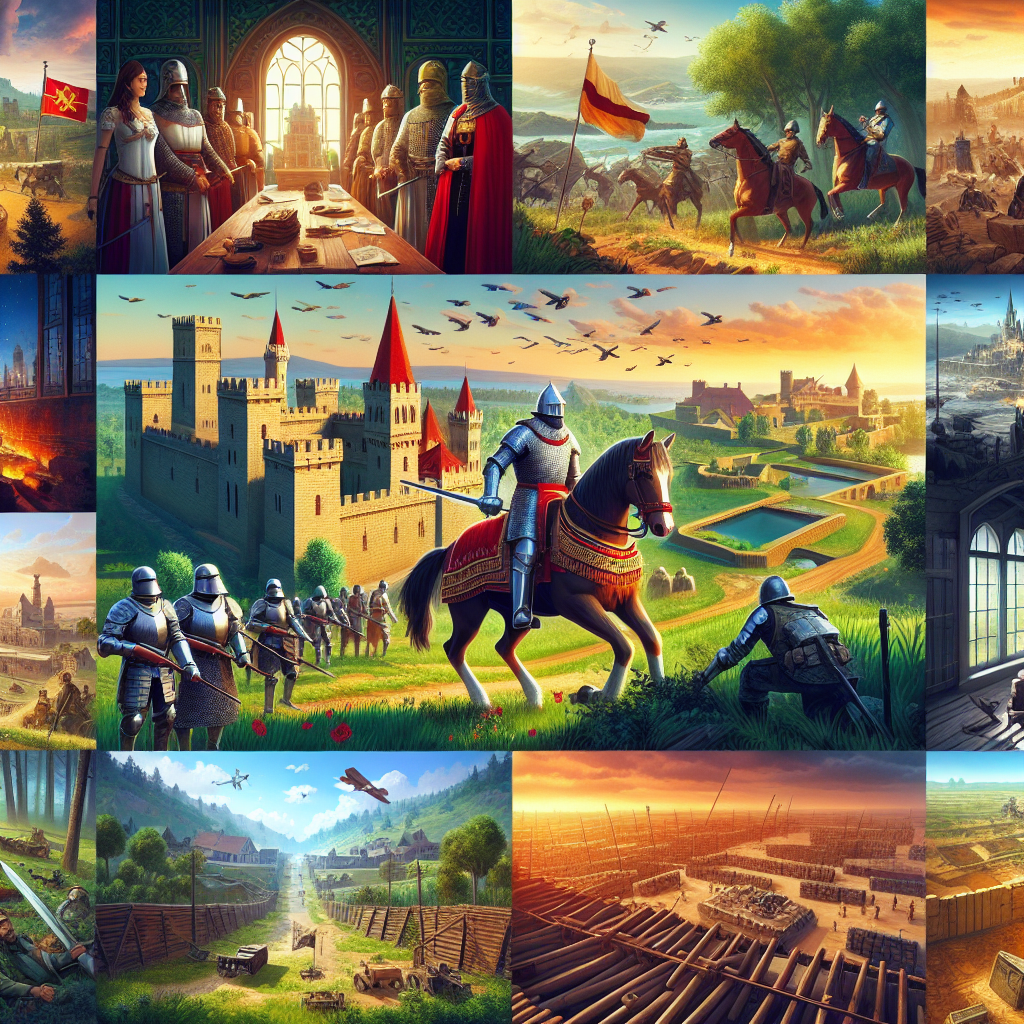AI changing the gaming landscape is a topic that has gained immense traction in recent years. As technology advances, artificial intelligence is reshaping how games are developed and played. This transformation is evident not only in the graphics and storytelling but also in the way players interact with their favorite titles.
Enhanced Player Experiences
AI algorithms are being employed to create more personalized gaming experiences. By analyzing players’ behavior and preferences, game developers can tailor content to suit individual tastes. For instance, AI can adjust the difficulty level of a game in real-time, ensuring that players remain engaged without feeling overwhelmed. This adaptive gameplay leads to a more satisfying experience, as players are challenged appropriately based on their skill levels.
Moreover, AI is also enhancing non-playable characters (NPCs) in games. With more sophisticated AI, NPCs can exhibit realistic behaviors, making interactions more immersive. Players can engage in dynamic conversations with NPCs, which can change based on previous encounters, leading to a richer narrative experience.
Revolutionizing Game Development
AI changing the gaming landscape is not limited to player experiences; it is also transforming the development process. Game developers are utilizing AI tools to streamline various aspects of game design, from character modeling to environment creation. Machine learning algorithms can analyze vast amounts of data, helping developers identify trends and player preferences, which can inform design decisions.


Procedural content generation is another area where AI is making waves. Developers can use AI to create expansive game worlds with diverse landscapes and quests, significantly reducing the time required to build these elements manually. This not only saves resources but also encourages creativity, allowing developers to explore new ideas without the constraints of traditional design methods.
The Future of Gaming with AI
As AI continues to evolve, its impact on the gaming industry will only grow. We can expect to see even more advanced AI-driven features that enhance realism and interactivity. Imagine games where the storyline adapts not just to player choices but also to emotional responses detected through biometric feedback. These innovations could take player immersion to an entirely new level.
Furthermore, AI could play a crucial role in enhancing accessibility in gaming. By creating adaptive technologies that cater to players with disabilities, AI has the potential to make gaming more inclusive. This brings a broader audience into the fold, ensuring that everyone can enjoy the gaming experience.
In conclusion, AI changing the gaming landscape is a phenomenon that is reshaping both how games are made and how they are played. As we look ahead, the integration of AI promises to push the boundaries of creativity and player engagement, making the future of gaming brighter than ever.
Some content and/or images on this page were created using AI.





